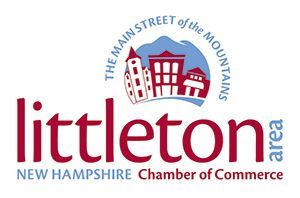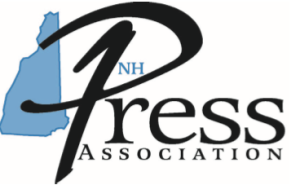
My thinking is we would call the medical practices of today modern medicine or conventional medicine instead of traditional. Perhaps ancient methods could be called original or ancient instead of or in addition to alternative which is the most widely used term. Traditional Chinese Medicine dates back to 200BC, and Ayurveda dates back more than 5,000 years. Both systems are still very much in use today. Therefore, calling them alternative hardly seems appropriate.
Regardless of what you call it, integrative and complementary medicine is becoming more of the norm instead of the exception. Integrative medicine combines the most well-researched conventional medicine with the most well-researched, evidence-based complementary therapies to achieve the appropriate care for each person.
As the evidence of safety and effectiveness of complementary therapies has grown, as indicated by multiple studies done in the scientific community, integrative treatment plans have become more commonplace. Patients and providers have added complementary therapies to their treatment plans for a variety of reasons, particularly relief of symptoms and improvement of general wellness. Some medical colleges have even begun offering courses in alternative medicine.
According to the International Journal of Health Sciences, ¡sic principles of integrative medicine include a partnership between the patient and the practitioner in the healing process, the appropriate use of conventional and alternative methods to facilitate the body's innate healing response, the consideration of all factors that influence health, wellness and disease, including mind, spirit and community as well as body, a philosophy that neither rejects conventional medicine nor accepts alternative medicine uncritically, recognition that good medicine should be based in good science, inquiry driven and open to new paradigms, the use of natural, less invasive interventions whenever possible, the broader concepts of promotion of health and the prevention of illness as well as the treatment of disease.(Available at: https://pmc.ncbi.nlm.nih.gov/articles/PMC3068720/ )
Some of the complementary treatments included in integrative medicine could include herbal supplements, massage, meditation and mindfulness, reiki, yoga or tai chi, acupuncture, aromatherapy, resistance training and physical fitness, light treatments or even animal therapy. These are all simple, generally low-impact additions virtually anyone can engage in.
It is generally not recommended to replace modern medical treatment with complementary treatment, but to utilize an integrative treatment plan instead. One should be careful when choosing an integrative path, as not every approach is a suitable option for every patient. For example, some herbs may have dangerous reactions to certain medications, some physical issues could be exacerbated by working out in a particular way, or you may be allergic to animal dander. Always consult your doctor about integrative therapies that could have a potential reaction or safety issue.
Sacred Spirit Wellness is located at The Healing Hive, 21 Barton Street in Bradford, VT. They can be reached via email atácredspiritwellness1@gmail.com, on their Facebook page or sacredspiritwellness.com
Have a story?
Let's hear it!
(802) 757-2773
(603) 787-2444
news@thebridgeweekly.com





